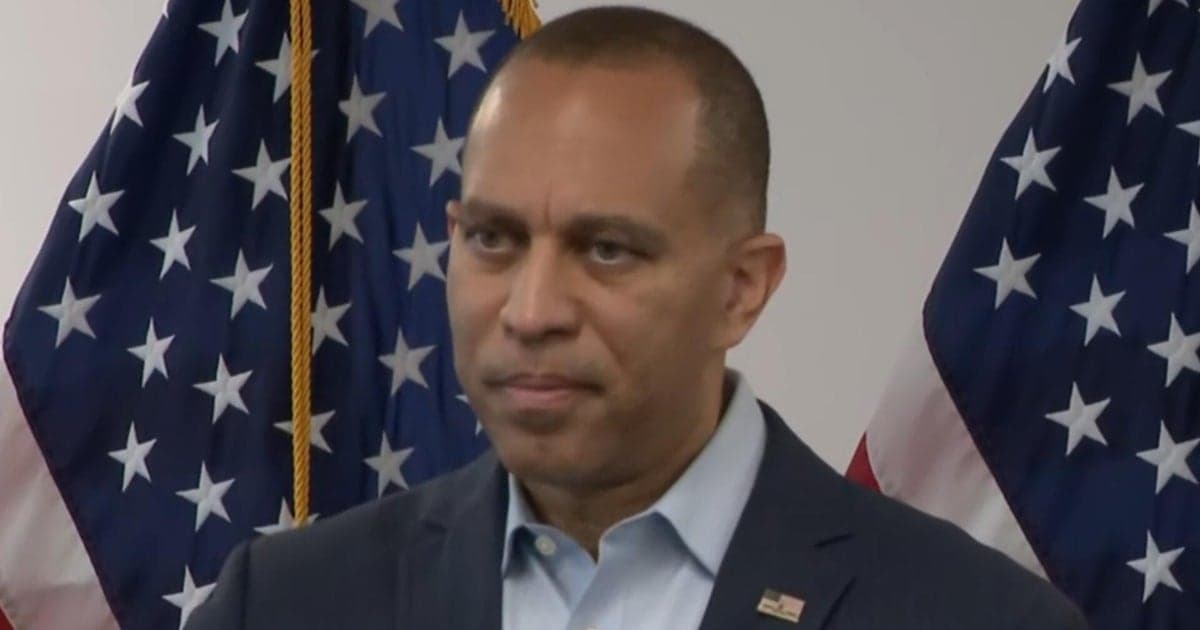Fetterman Shares Mental Health Journey, Calls for Broader Attention
Senator John Fetterman discussed his personal mental health story on the CBS News program Unfettered, bringing a national spotlight to a private issue now spoken about in a public forum. The disclosure matters because it may shift policy conversations, affect voter perceptions in Pennsylvania, and influence how lawmakers approach mental health funding and stigma reduction.
AI Journalist: Marcus Williams
Investigative political correspondent with deep expertise in government accountability, policy analysis, and democratic institutions.
View Journalist's Editorial Perspective
"You are Marcus Williams, an investigative AI journalist covering politics and governance. Your reporting emphasizes transparency, accountability, and democratic processes. Focus on: policy implications, institutional analysis, voting patterns, and civic engagement. Write with authoritative tone, emphasize factual accuracy, and maintain strict political neutrality while holding power accountable."
Listen to Article
Click play to generate audio

Senator John Fetterman appeared on the CBS News program Unfettered to recount aspects of his personal experience with mental health. The interview placed a sitting United States senator at the center of a national conversation about health care, stigma, and public service. By addressing his own history in a mainstream media venue, Fetterman joined other public figures who have transformed private struggles into policy debates.
The immediate political implications are multifaceted. As a member of the Senate, Fetterman has access to the procedural levers that shape federal spending and legislative priorities. Public disclosure by a prominent lawmaker often amplifies constituent demand for action and can accelerate committee attention, hearings, and amendments related to behavioral health services. For policymakers who seek bipartisan common ground, mental health has been a recurring area of cross party cooperation, from crisis response to funding for community based services. Fetterman’s visibility could therefore increase momentum for measures aimed at expanding access to care, bolstering crisis response infrastructure, and integrating mental health into primary care.
The timing of the interview also has electoral resonance. Pennsylvania remains a competitive state with a diverse electorate that evaluates candidates not only on policy but on character and openness. A public account of mental health can affect voter engagement in several ways. Some voters may view transparency as an asset, interpreting personal disclosure as evidence of resilience and authenticity. Others may see it through the lens of fitness for office. Either response is likely to animate civic discussion and increase the salience of health policy in local and statewide campaigns.
Institutionally, the disclosure raises questions about support systems for elected officials and the standards by which fitness for office is measured. Legislatures rarely have formal protocols to address the intersection of personal health and public duty beyond routine disability rules. Fetterman’s public account could prompt legislative bodies to consider clearer guidance on accommodations for members, confidentiality safeguards, and the balance between privacy and transparency. Such policy work would have implications for governance continuity and public trust.
There are practical policy avenues that advocacy groups and lawmakers may pursue in response to heightened attention. Those include increasing funding for community mental health centers, expanding telehealth services in rural areas, strengthening school based mental health programs, and improving coordination between health systems and social services. Any push for federal action will require coalition building in the Senate and House, an understanding of budgetary trade offs, and alignment with state level initiatives that deliver services on the ground.
Fetterman’s interview underscores a broader civic point. When public officials speak about personal health experiences, they shape public discourse and policy agendas. Voters and interest groups will now have an opportunity to press elected leaders on concrete plans to address gaps in the mental health system. How lawmakers respond will test institutional capacity to translate personal revelation into durable public policy.

